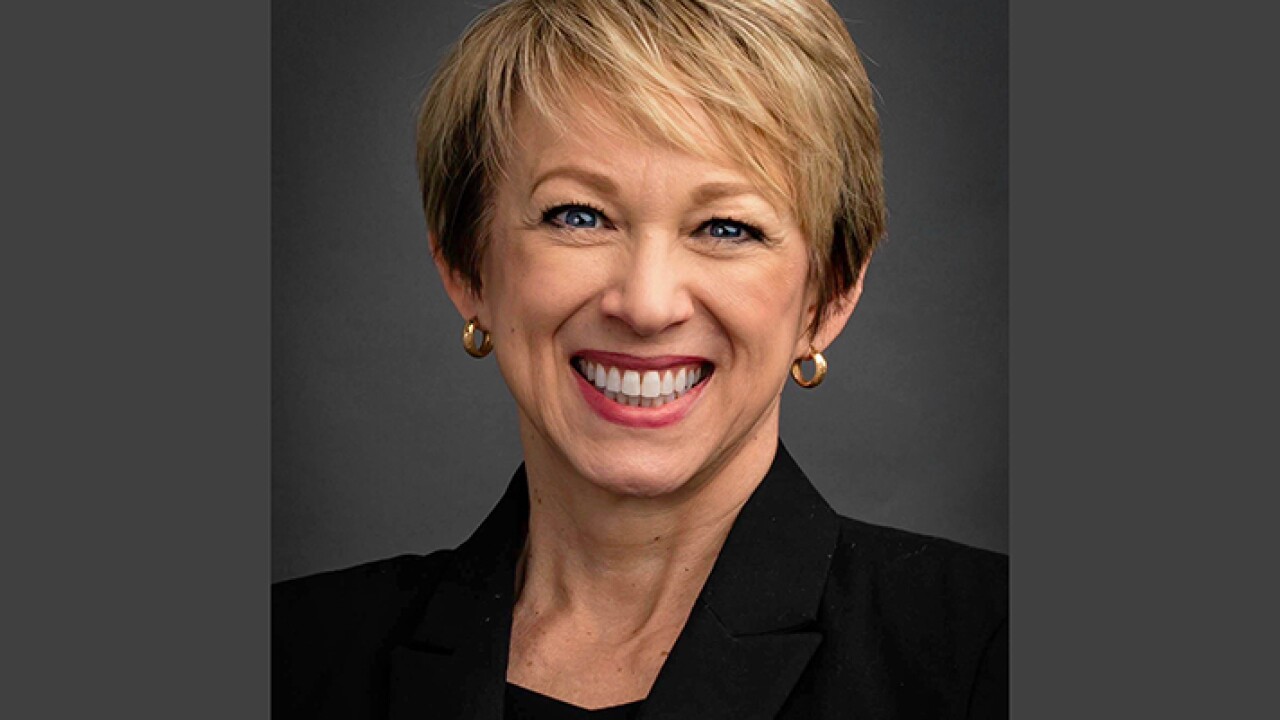The nation’s mayors will move ahead with plans for infrastructure spending financed with new bond issues, grants under existing state and federal programs and even local tax increases regardless of whether federal officials act on a $2 trillion package of new investments.

That was the message from the National League of Cities
Infrastructure ranked No. 2 behind only the related issue of economic development as a top priority mentioned by 57% of mayors during 153 State of the City addresses delivered between January and April, NLC reported. None of the speeches mentioned how the projects would be financed, but cities typically turn to the issuance of tax-exempt bonds to finance major projects.
NLC President Karen Freeman-Wilson, mayor of Gary, Indiana, said she remains optimistic that pressure will continue to bear down on the Trump administration and Congress to provide “a significant pot of money” for infrastructure funding.
“It not just something that we want, it’s something that we need for our citizens,” Freeman-Wilson said in an interview. “We’re going to keep doing it. We don’t have a choice. We don’t have a choice when you look at commuter rail. When you look at the water infrastructure we don’t have a choice because literally people’s lives depend on it.”

Over the last two years Congress has ignored the Trump administration’s proposed cuts in federal funding for Community Block Grants and other programs, she said, predicting that could happen again with infrastructure.
“If they start that process the White House wouldn’t have a choice but to jump in,” Freeman-Wilson said.
District of Columbia Mayor Muriel Bowser said she had no prediction on whether the Trump administration and congressional Democrats can reach an agreement on infrastructure.
“That’s sad because the administration came into office with a focus on infrastructure,” Bowser said. “So I hope for the Congress’s side, both houses are devising plans that are ready to go when they get an active partner.”
Bowser said she hopes “that common sense rules” because it makes sense for the administration and Congress to agree on an infrastructure package.
Mayor Lily Mei of Fremont, Calif. told The Bond Buyer her city is moving ahead with projects to get them "shovel ready" in the hope that the federal government will reauthorize the Highway Trust Fund and other federal surface transportation programs by the end of the 2020 fiscal year.
“While some people are taking a pause, we can’t just sit there and wait for action to happen,” said Mei. “We as mayors hear from the people directly and need to amplify that the concerns of residents are being heard.”
“We can do our environmental impact reports, we can do our studies,” Mei said. “And we can still leverage our local regional dollars. We in the state of California have put aside infrastructure dollars with Measure B that allow us to build some of those county infrastructures.”
President Trump broke off plans to present the administration’s proposal for financing new infrastructure investment with congressional Democratic leaders during a brief meeting on Wednesday by announcing he won’t negotiate as long as he’s under investigation by Congress.
Senate Minority Leader Chuck Schumer, D-N.Y., said Thursday that Democrats “will continue to try and find ways to move the ball forward on this important issue of roads and bridges and broadband and power, with or without the president.”
“There is no reason—no reason—why the Senate should not pursue a bipartisan infrastructure bill,” Schumer said. “Congress has taken the lead before, and Congress can take the lead again—no matter what the president does. Just because President Trump doesn’t want to lead doesn’t mean that our work on infrastructure is over—not by a long shot.”
However, congressional Democrats and Republicans had been hoping that Trump would take a leadership role in advocating for ways to finance a $2 trillion package over 10 years.
Senate Democrats proposed a





